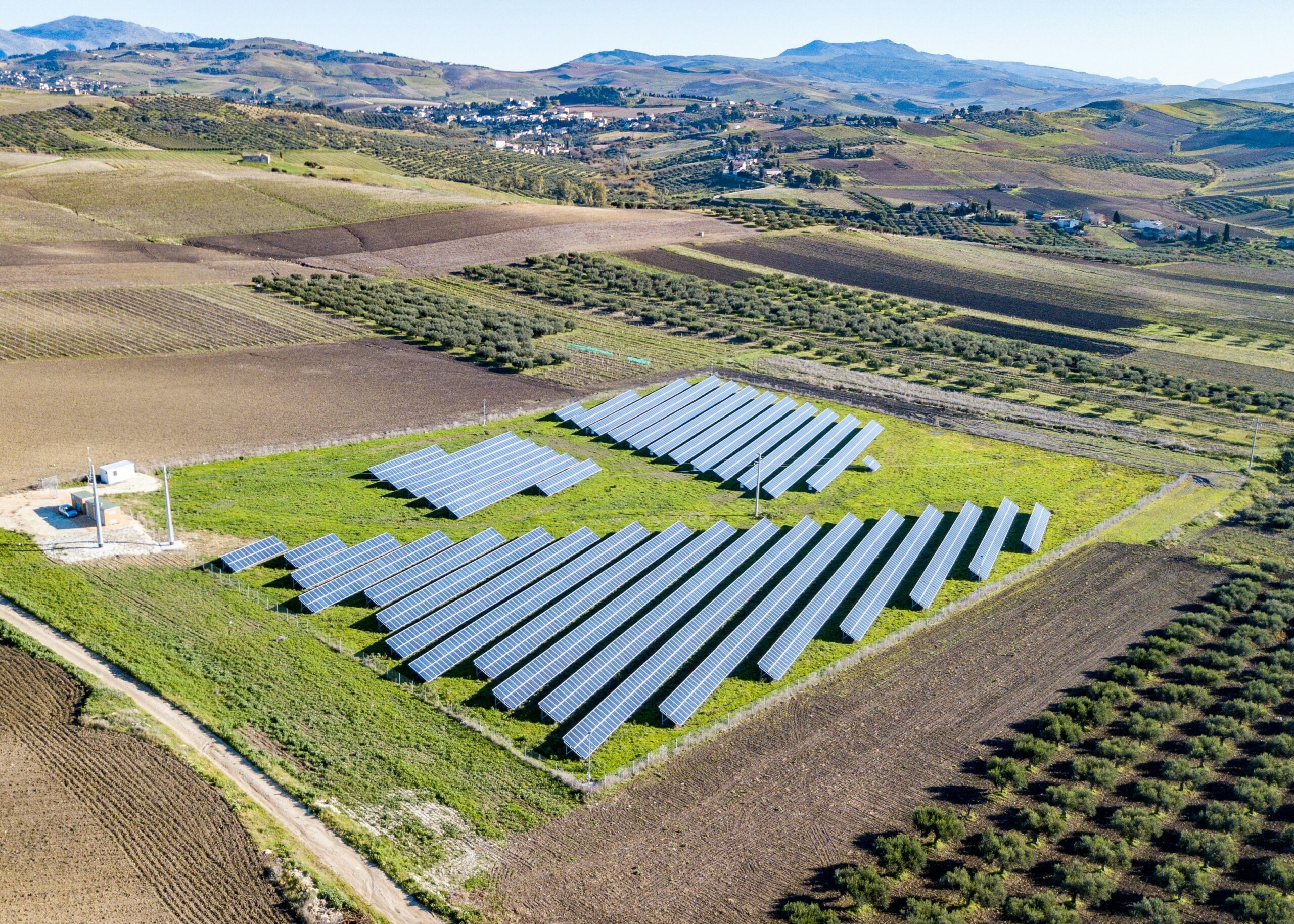Energy
New power sources accelerate renewable energy in SA
The arrival of a major new solar farm and a range of new storage devices from Huawei, Sungrow and Ecoflow are no coincidence, writes ARTHUR GOLDSTUCK.
A new solar farm in the Free State and new battery technology from China, both announced in recent days, point to an acceleration of the use of renewable energy in South Africa.
Although there has been a respite in load-shedding – with no scheduled outages since 27 March – many fear this is an election tactic. As a result, South African businesses and consumers are being offered a wide range of new battery technology for storing solar-generated power, and investment continues in large-scale renewable energy solutions.
Construction began last week on a new solar farm in the Free State by Africa Data Centres (ADC), a division of pan-African connectivity provider Cassava Technologies, and power producer DPA Southern Africa. The farm will see power “wheeled” – the term for transmitting electricity from an independent or outlying source to its users via an existing distribution system. This means that ADC will be able to transmit its own power from its solar farm, via the Eskom grid and municipal infrastructure, to its data centres in Cape Town and Johannesburg.
Local data centre provider Teraco and global leader Amazon Web Services have also initiated power wheeling projects to serve data centres in South Africa.
Hardy Pemhiwa, Cassava Technologies president and group CEO, says the initiative is a way of responding to South Africa’s energy crisis through sustainable technology solutions.
“This is in line with a broader industry shift towards innovative, eco-friendly practices. The strategic use of solar power showcases technology’s role in pioneering solutions for energy challenges and environmental sustainability”.
Tesh Durvasula, CEO of ADC, says the first phase of the project involves constructing 12MW solar infrastructure to power the company’s Cape Town data centre, with subsequent phases extending to Johannesburg data centres.
At the same time, the digital power division of Chinese electronics giant Huawei launched the next generation of its products in South Africa last week. Its Fusionsolar Residential Luna 2.0 systems comprise storage batteries that connect to solar panels. The systems start at 10kWh, and are expandable to 30kWh. This means they can address both residential and small business needs.
Nick Lusson, vice president of Huawei Eastern-Africa Digital Power, told Business Times that load-shedding had been sudden and dramatic, but “coincided with the technology for solar energy and battery storage reaching a turning point in terms of efficiency, life span and price”.
“The result was a large demand in a market where the expertise was available, technology was reaching maturity, and the price was dropping – all combining to make South Africa account for as much as 85% of the installed solar and storage capacity on the African continent. South Africa also leads the way on the continent in terms of safety and quality standards.”
He pointed out that load-shedding in South Africa presented different opportunities for solar and battery solution providers than poor power infrastructure experienced in other African countries. “Load shedding is more or less predictable, meaning people can manage their solutions better.”
Other factors that made South Africa an attractive market were a diverse economy, higher levels of industrialisation, and a mixed power supply comprising hydro, nuclear, coal, solar and wind – “with the latter two now easy, cheaper and quick to deploy”.
However, while load-shedding was the catalyst for growth in solar business, he said, there is now a mature market with thousands of successful installations. “These customers, who are across SA in every segment of the economy – have increased their energy security, saved money on energy costs. Additionally, the robust market for financing means that businesses can install solar and storage with very little upfront payment, and immediately see monthly savings.
“As these financing options grow, and the cost of solar and batteries continues to reduce and the cost of diesel and grid electricity increases, the market will continue to expand.”
Last month, rival Chinese brand Sungrow, a 27-year-old developer of solar inverters and storage batteries, unveiled a three-phase hybrid inverter, designed to address the energy needs of South African consumers.
And today, another major player in renewable energy, EcoFlow, launches new versions of its market-leading River and Delta portable power stations, featuring upgraded capacity and faster charging.
* A version of this story first appeared in The Sunday Times.


















